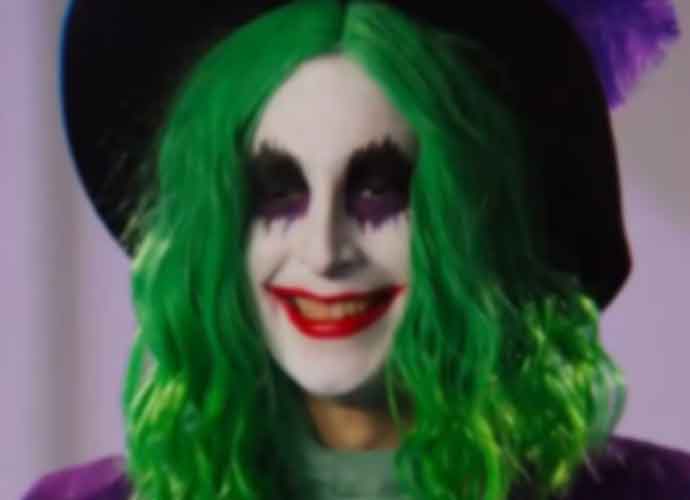‘The People’s Joker’ Parody Film Pulled From TIFF After Premiere
The buzzy parody film The People’s Joker, which reimagines the story of the classic Batman villain through the lens of its director and star’s transition, was pulled from future screenings at TIFF after its September 14 premiere. According to a Twitter post by Vera Drew the film’s star, they received an “angry letter” from rights holders about the film.
Apparently the communication didn’t amount to a formal cease-and-desist, as some outlets reported in the days after this situation. Drew said she had reached an agreement with TIFF to still premiere the film “while scaling back our later screenings to mitigate potential blowback.
She also noted that through making the film, she has gone through “great lengths with legal counsel to have it full under parody/fair use,” as she was probably aware that a fight from DC would be coming if the film gained attention.
🚨🃏A STATEMENT FROM VERA ON WHAT WENT DOWN AT TIFF, THE LEGAL STATUS OF THE PEOPLES JOKER, AND WHERE WE GO FROM HERE🃏🚨 pic.twitter.com/TJCneaEUDW
— Vera Drew (@VeraDrew22) September 16, 2022
Drew assured audiences that they are still working to screen the film “at several other festivals worldwide.” She also added that “we are humbly seeking a distribution partner who believes in what we are doing, will protect us, and will eventually help us make this film accessible to trans people and their families everywhere.”
It’s commendable that TIFF was still willing to premiere the film despite the attempted intimidation against them. Fair use is an important protection in copyright law for people producing works based on copyrighted materials, and outlines several cases that qualify as fair use. Parody is in fact one of those instances, and there is legal precedent for this.
One case that made it all the way up to the Supreme Court was Campbell v. Acuff-Rose Music Inc. Acuff-Rose Music was suing the rap group 2 Live Crew on behalf of Roy Orbison for their hip-hop parody of his song “Oh, Pretty Woman.” The Supreme Court ruled in favor of 2 Live Crew in this case, determining that the parody constituted fair use and could be sold commercially.
Other cases, however, such as Rogers v. Koons, resulted in the opposite ruling. Koons’ use of the Art Rogers photograph “Puppies” was determined to be copyright infringement because it was not a parody of the work itself, but rather using the work as a piece of satire for the world at large.
uInterview reached out to Drew for comment.
After years of numbing herself with Smylex, an unfunny clown named Joker grapples with gender idtity, first love, and a fascist caped crusader all while founding an illegal comedy theater in Gotham City.
THE PEOPLE’S JOKER, a queer coming of age Joker origin tale. pic.twitter.com/SPy2ZPe11d
— Vera Drew (@VeraDrew22) September 9, 2022
RELATED ARTICLES
Get the most-revealing celebrity conversations with the uInterview podcast!








Leave a comment